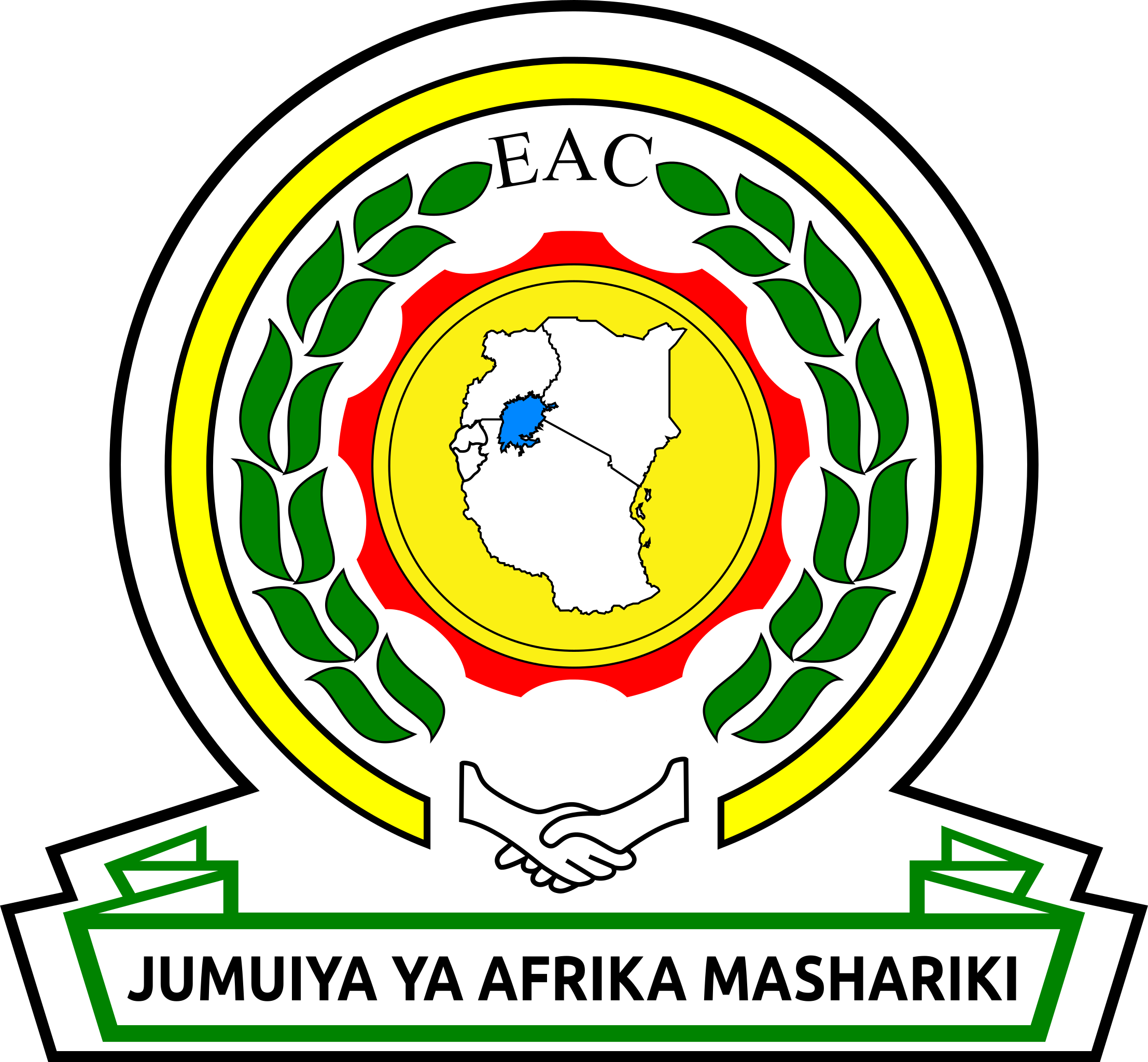By Kerry Howard Mwesigwa
At the launch of the ALP East Africa Annual 2022/2023 EAC Common Market Capital, Services, and Goods (CSG) Scan, the East African Community (EAC) Secretary General, Hon. (Dr.) Peter Mathuki, emphasized the crucial role of EAC Partner States’ commitments to the free movement of capital, services, and goods in driving trade integration in East Africa. The removal of tariff and non-tariff barriers and the harmonization of standards depend on these commitments. Dr. Mathuki highlighted the significance of trade integration as the EAC expands, with the recent inclusion of the Democratic Republic of Congo and the anticipated admission of the Federal Republic of Somalia.
Dr. Mathuki envisioned a borderless East Africa and emphasized the goal of a borderless continent to boost intra-regional and intra-continental trade. The scan analyzed regulatory measures adopted by five Partner States over 15 months, assessing their impact on the free movement of capital, services, and goods under the EAC Common Market Protocol.
The study revealed positive progress in leveraging regulatory measures for capital markets, encouraging foreign and regional direct investment. Innovative financial products were introduced, such as Kenya’s
digital credit products and Uganda’s prescribed securities instruments. However, challenges remained, including residence and establishment requirements, bureaucratic licensing procedures, and stringent prudential oversight.
In the area of services, Partner States demonstrated commitment to liberalize trade by utilizing national legal frameworks, primarily tax legislation, for regulation. Digital marketplace measures facilitated online tax registration and payment, complementing traditional approaches.
Regarding the free movement of goods, regulatory measures aimed to promote free trade. Uganda provided equal treatment to supplies of educational materials from EAC Partner States and exempted goods with valid product certification permits from Pre-shipment Verification of Conformity. Challenges included Kenya’s imposition of a 25% excise duty on Ugandan poultry products and South Sudan’s increased exchange rate conversion impacting customs and related duties.
The findings highlighted both progress and areas for improvement in implementing the EAC Common Market Protocol. The EAC aims to create a favorable legal and policy environment for the digital economy and innovation systems, attracting investment and fostering economic growth.
The launch event witnessed the presence of key figures, including the Judge President and Principal Judge of the East African Court of Justice, the Counsel to the Community, the Executive Director of the East African Business Council, and the CEO of ALP Advocates.
In conclusion, the ALP East Africa Annual CSG Scan sheds light on the implementation status of the EAC Common Market Protocol. It underscores the importance of Partner States’ commitments and identifies areas that require attention. The EAC’s focus on enhancing trade facilitation and harmonizing regulations demonstrates its dedication to achieving a fully integrated and prosperous East Africa, promoting regional cooperation and economic development across the continent.















